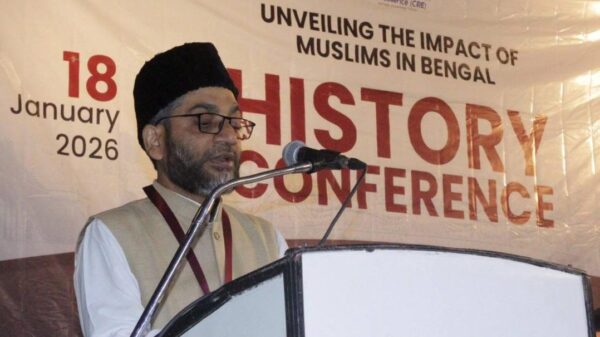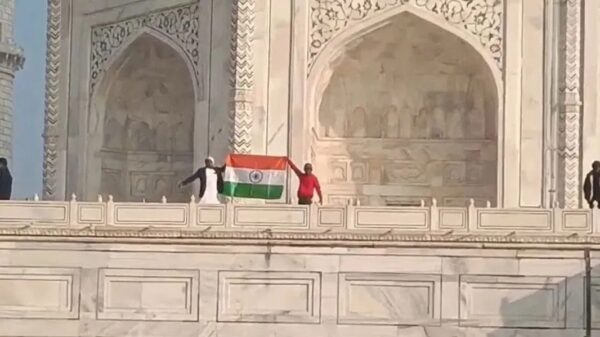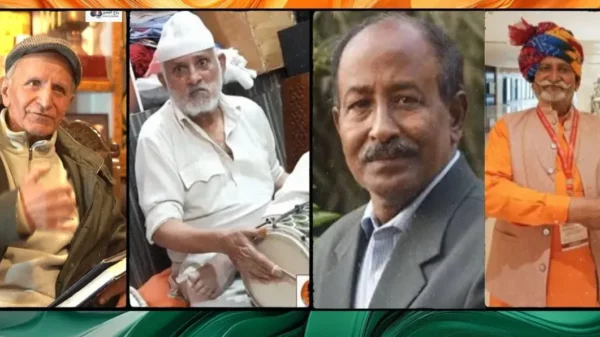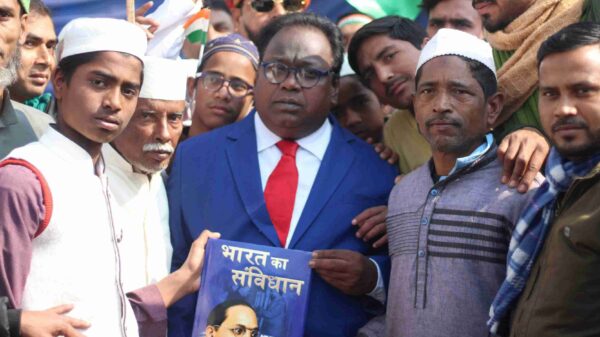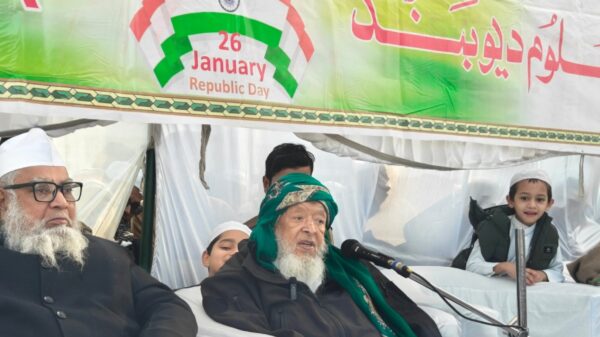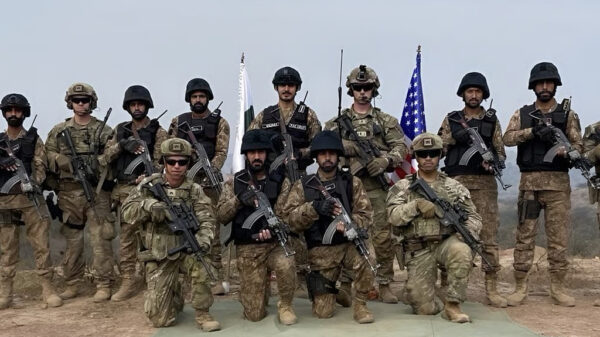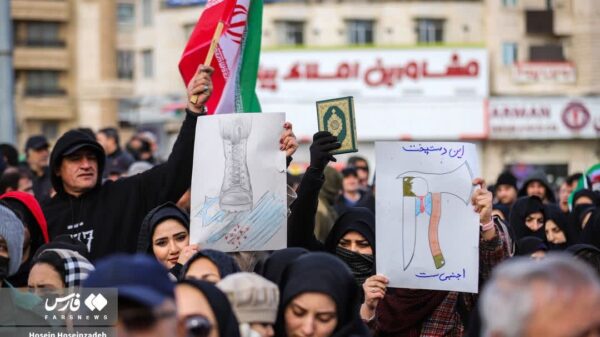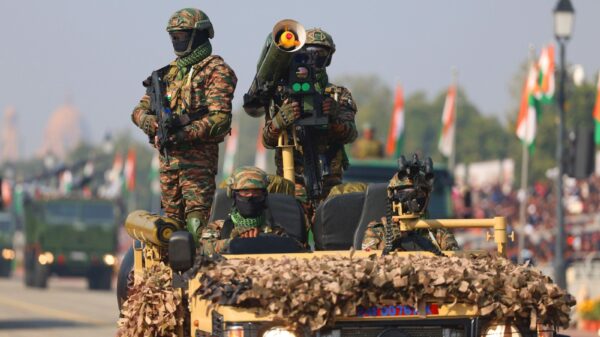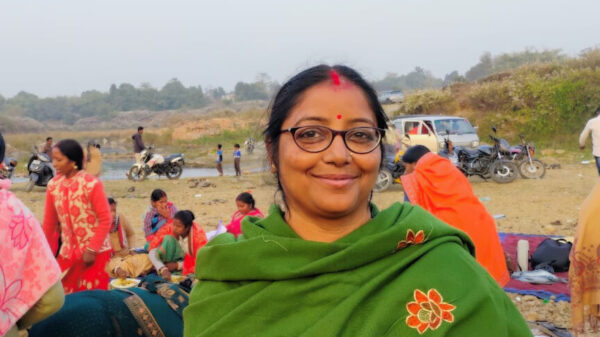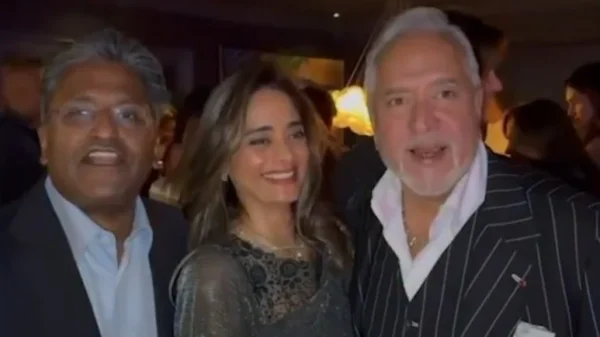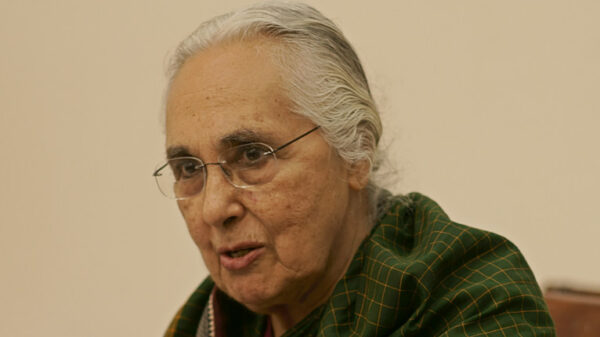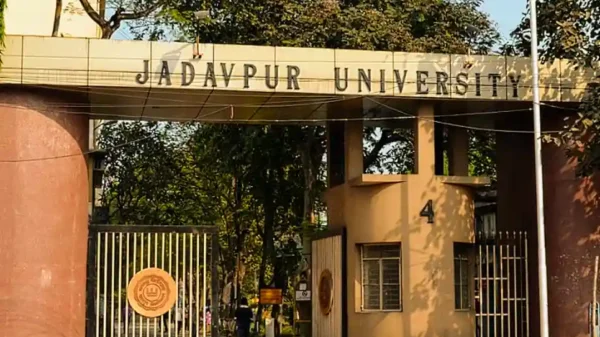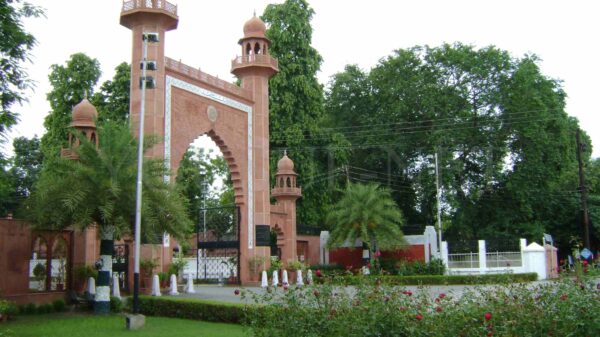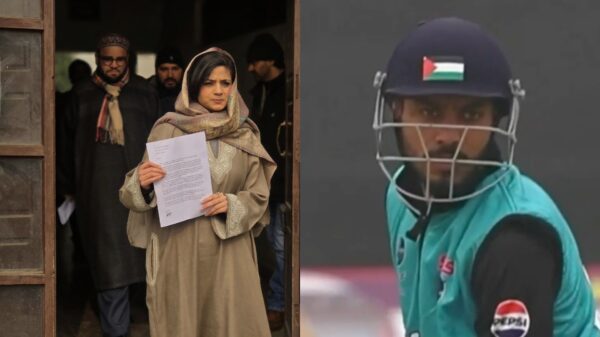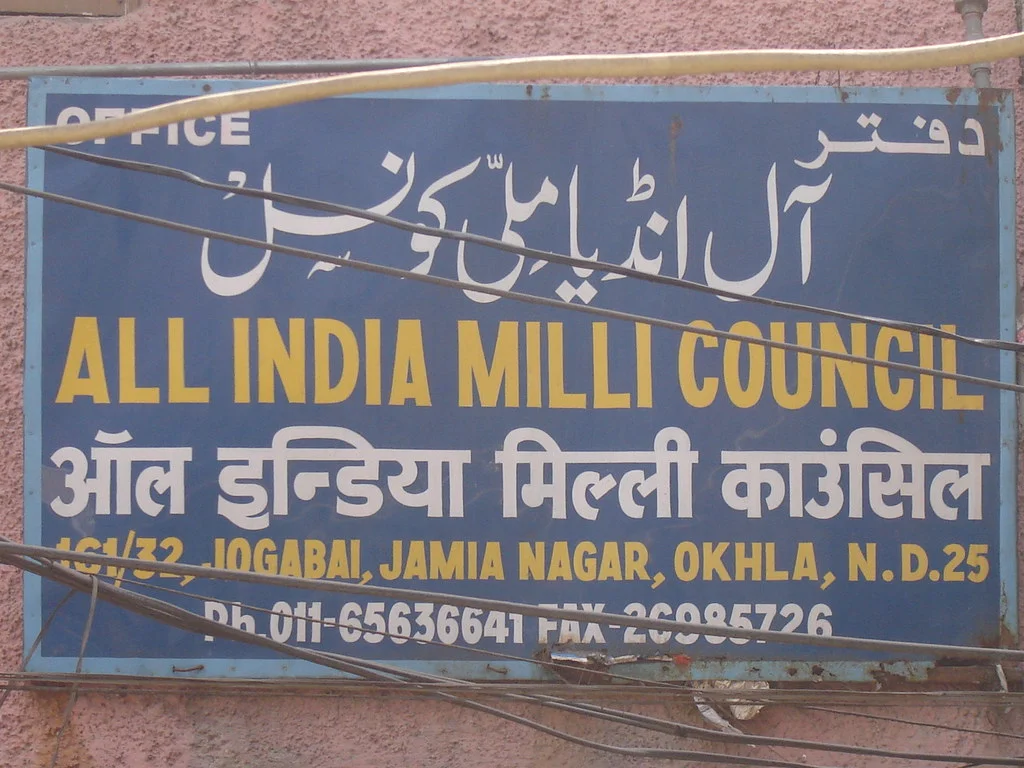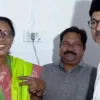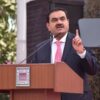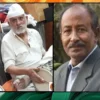An online consultation meeting was held by the All India Milli Council on Thursday to discuss the Waqf Act 2025 and address the concerns raised by various communities.
The main aim of the meeting was to present the various aspects of the Waqf Act 2025 to the journalists and provide satisfactory answers to the questions and concerns surrounding the law. On this occasion, M.R. Shamshad, a renowned Supreme Court lawyer, shed light on the legal issues related to the Waqf Act and answered journalists’ questions in a detailed manner.
Shamshad said that the petitions filed by various organizations against the Act should not be dismissed as mere attempts for “credit grabbing.” He said that organizations like the Muslim Personal Law Board had already foreseen the potential risks of the law and had prepared for legal action well before its passage. After consulting with legal experts, the petitions were filed following the enactment of the bill.
During the meeting, senior journalist Iftikhar Gilani, participating from Turkey, debunked claims made in the Indian Parliament that Turkey does not have a Waqf Board. He said that Turkey has a robust government system for managing Waqf. Gilani advised journalists to carry out their duties impartially and avoid spreading misinformation.
Senior journalist Bhasha Singh stressed the need to convey the facts about the Waqf Act in a simple and effective manner to all real journalists, so that a collective campaign could be launched to counter any propaganda.
Journalists from various media organizations, including Ghafran Sajid Qasmi (Basseerat Online), Ashraf Bastavi (Asia Times), Huma Naz (Insaaf Times), Sadaf Kamran (Hindustani Media), Ruba Ansari (Millat Times), Aho Emal (Azad Reporter), Sufiyan Saif (Mewat Times), Mohammad Ahmad (Watan Samachar), and Javed Rahmani (Editor, Roznama Saiban), attended the meeting. They presented their concerns about the Waqf Act and received satisfactory responses from the Supreme Court lawyer.
It was also decided during the meeting to create a comprehensive response to the misleading narratives and propaganda surrounding the Waqf Act. This response will be based on scientific, legal, and journalistic principles, and the Milli Council and Muslim Personal Law Board will provide full support in presenting it to the public.
Shams Tabrez Qasmi, Media Secretary, announced that, under the guidance of the Board’s General Secretary, more online and offline consultation meetings will be held. These will be organized by the Milli Council Media Department, Muslim Personal Law Board Media Wing, and Cogito Media Foundation in collaboration.
Saif-ur-Rehman, Joint Secretary, said that these meetings will expand nationwide, aiming to strengthen the journalistic network to lead a more effective campaign against the Waqf Act.
The meeting concluded with a prayer by Maulana Fazl-ur-Rehman Mujaddidi, with a large number of community leaders, journalists, and activists present, including Mohammad Alam, General Secretary of IOS, Mufti Umar Abideen Qasmi, senior journalist Diyashankar Mishra, researcher Ansar Imran, Shakeel Ahmad (Founder of MX News), Sohail Akhtar Qasmi (Journalist working with international media), Asad Ashraf (Young journalist), Abubakar (Journalist, Daily Salar), and many others.






